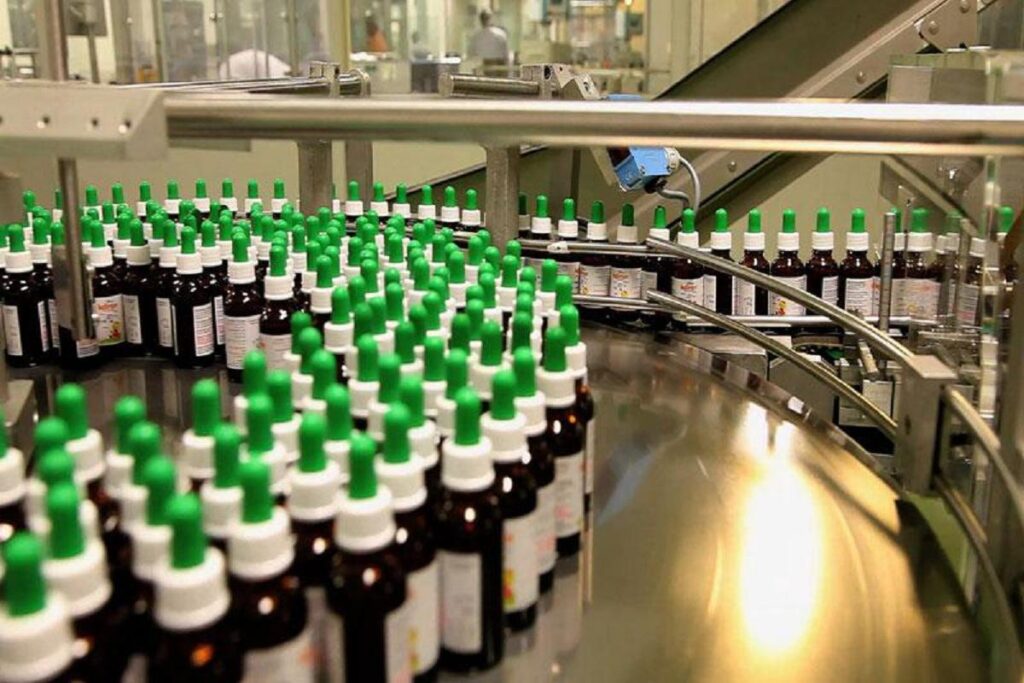Africa has taken giant strides to become a global pharmaceutical manufacturing hub, with the sector catching the eye of international investors. For Africa, achieving medical security has become a priority. This is especially so following the painful lessons the continent picked when tackling the COVID-19 pandemic. As other continents got vaccines on preference, Africa was vulnerable due to her overreliance on foreign support.
[elementor-template id="94265"]
